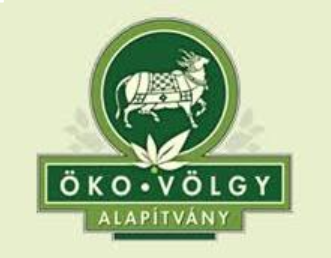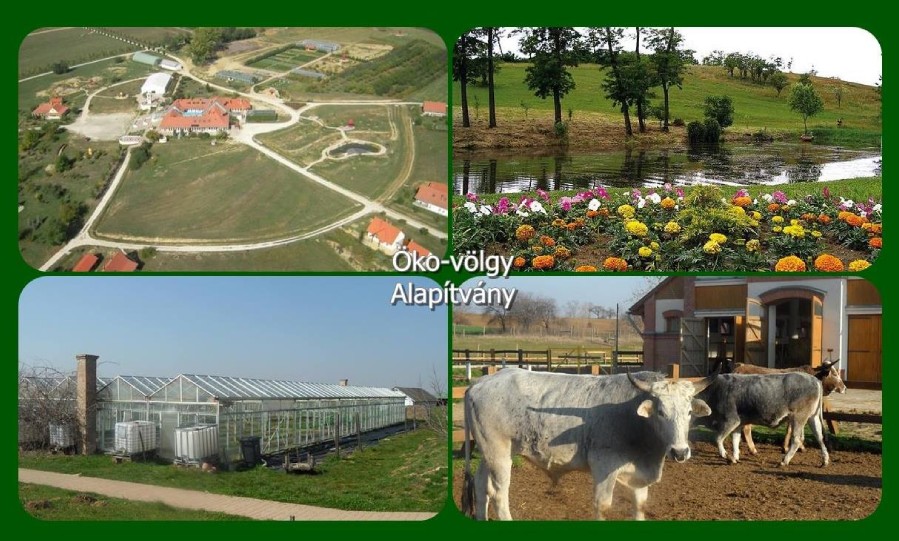
The Eco Valley project, a non-profit organization, is a village-size experiment involving 150 volunteers and almost 25 different institutions. One of their main objectives is to become completely selfsufficient while utilizing only environmentally friendly methods. In order to achieve that goal, naturally, they need to be able to produce all of their own food. Every year, they extend the varieties of produce from their fields as they continually experiment and try to grow every single part of their daily nutritional needs. To date, they have mastered the art of growing a large variety of vegetables (such as tomatoes, peppers, broccoli, eggplant, cauliflower, spinach, and so much more), fruits, beans, wheat, corn, sunflower (for oil). As they continue experimenting, they hope to also be able to provide their community with locally grown rice, sugar made of sorghum, and other such staples.

In order to ensure that none of their agricultural endeavors harm the natural environment around them, they utilize only environmentally friendly methods. To supplement soil nutrients in their vegetable and flower gardens, they use cow manure from their cowshed mixed with compost from the garden. For pest control, they use the technique of coupling and spray their plants with solutions made from herbs, making sure their agriculture is chemical-free. They rotate their crops and try to do most of the agricultural work using ox power, thus reducing the need to use heavy machinery and not burdening the environment.
One of the main criteria of ecological sustainability is to protect the natural habitats of local species, thus maintaining a thriving biodiversity. Thanks to 25 years of organic farming and environmentally friendly technologies, where there were meagre pastures and wide areas of land damaged by ploughing over decades of cultivation, they now see the original habitats regenerating. They try to maintain this auspicious process by preserving the hydrophilous flora next to their streams and ponds; they plant forests of native varieties of trees, while reducing the proportion of the non-native locust tree; they reintroduce the native grass fields, and they use ox power to cut them. In recent years, they have recorded many formerly absent species of animals that have returned, and every year there is an increasing number of different species of birds.
While much has been achieved through their organic, ecological farming methods, still much more is yet ahead of them. Therefore, agriculture continues to be one of their ongoing fields for improvement. Through agriculture, they hope to not merely produce all of their food but also all of their clothing, furniture, dining wear, and much more. This can be achieved by growing cotton, bamboo, and more. These goals will continue to remain at the centre of their activities and very much alive, as even after they have accomplished what they set out to do, such gains will require ongoing effort to maintain them.

Homepage: https://okovolgy.hu/
e-mail: info@okovolgy.hu


